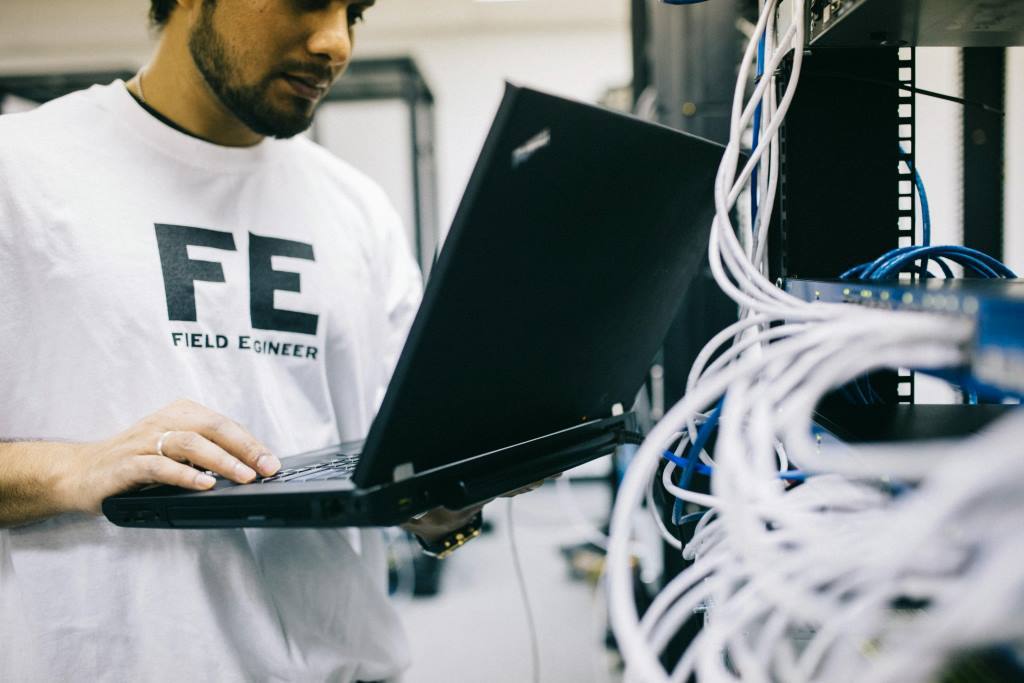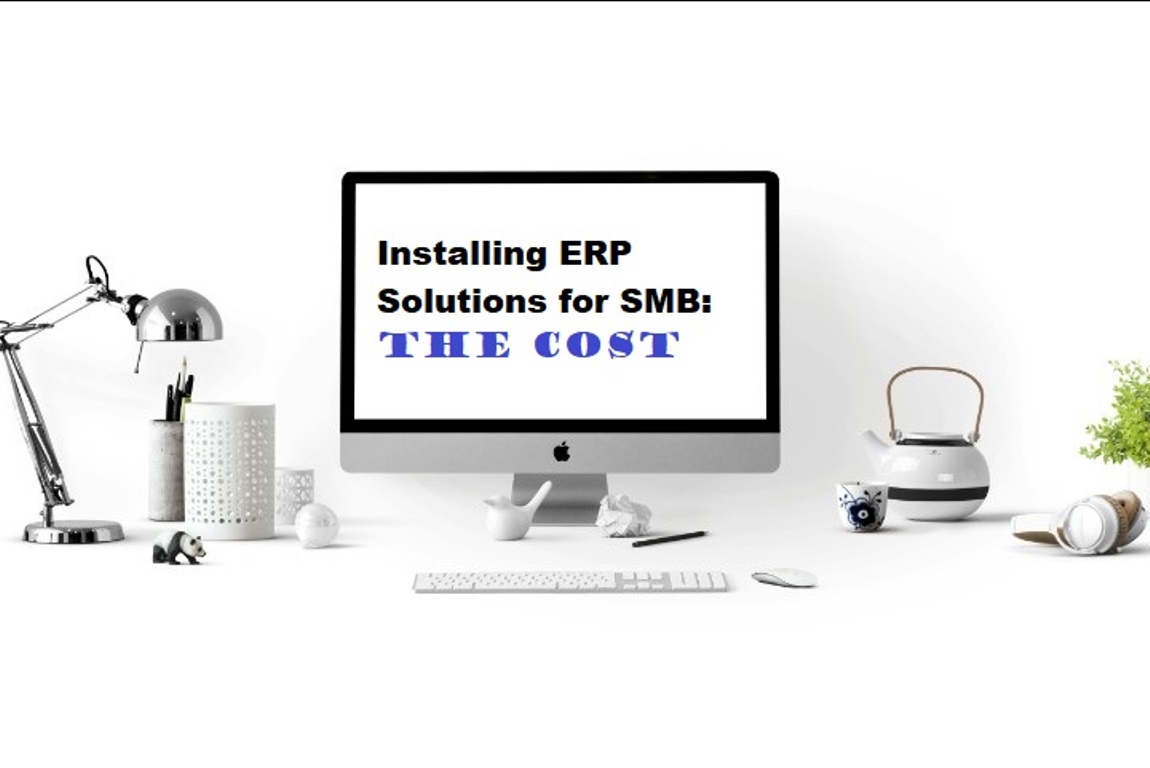With increasing crime rates, more homes and businesses continue to prioritize safety and security, leading to robust security measures such as security system installation. Families and homeowners want not only to feel safe but also to know their assets are secured. The beginning of peace of mind is feeling safe and knowing your assets are secure.
Setting up a security monitoring Centre is a key component of modern security measures, if not the main one. Effective monitoring centers have helped unearth or deter shoplifting, burglary, and robbery incidents.
This article explains how to implement a security monitoring Centre, from CCTV cameras to alarm system installation, to enhance home or business security. Ultimately, you will also learn where to turn for CCTV installation solutions in Kenya.

So, how do you go about implementing a security monitoring Centre?
1. Have All the Necessary Components
Ensure you have all the basics for a security monitoring Centre. Security monitoring requires high device coordination. One thing leads to another.
For instance, you need cameras to capture what’s happening and perhaps a motion sensor to detect (unusual) movements. Then, there has to be a medium or transmitter to send this information to the monitoring Centre.
You need headsets, intercoms, monitoring screens, emergency buttons, audio warning systems, etc. You may also need carbon monoxide or smoke detectors, depending on your situation.
2. Security Monitoring Centre Layout
As the ultimate security and surveillance hub, a monitoring centre should be in a suitable location with sufficient space to accommodate all equipment and personnel. Other factors to consider include:
● Spacious Room
There should be room for chairs, control consoles, video walls, etc. Remember that the operators will heavily benefit from a broad, transparent display screen system showing all the videos captured by different CCTV cameras. Display systems such as video walls are the perfect choice for security monitoring centers looking to condense several live camera views into one screen.
● Ventilation and Air Conditioning Systems
Its ventilation and air conditioning systems should also be optimal for maintaining the appropriate temperature and humidity levels recommended for electronic devices to function well.
● Security
It should also be secure – not a place anyone enters without permission. Access controls such as biometric and card readers should exist at entrances and exits. The monitoring centre should also be protected from disasters such as fires and floods, being the nerve centre of security.
● Well-Lit
It should be well-lit to enable operators to use their equipment properly, but not too bright to cause eye fatigue.
● No Distractions
The space should also be distraction-free. It is not the place to play video games, watch sports, constantly check social media notifications or watch livestreams.
3. Communication
By default, the security monitoring Centre needs to communicate with all the other security systems, such as alarms, fire detection and suppression systems, entrance access control systems, and CCTV cameras. That is, all security systems are useless unless they are connected to the security monitoring Centre. Appropriate software and hardware should be in place to connect these systems.
Ensure the necessary wiring is done during security system installation. The security alarms should be programmed to be triggered by unauthorized access, smoke, fire, and other threats and be able to send an alert when necessary. That’s why alarm system installation should be carried out by highly qualified personnel.
● Wireless Connectivity
Technology has made it possible to have wireless options for transmission. This has taken a lot of work out of installing CCTV systems.
● Cameras and Sensors Locations
Where you locate the cameras and sensors is crucial. Which areas of your property do you especially want to monitor?
Select optimal locations for these, taking your property layout into account. The cameras or sensors should not be placed in locations where they will be vulnerable to environmental factors such as sunlight, humidity levels, or temperature.
At the same time, other people’s privacy should be considered when installing cameras. Toilets should be spared, for instance. You may need to carry out a Data Protection Impact Assessment (DPIA) to determine the impact of CCTV cameras on people. When you engage the right company for CCTV installation solutions in Kenya, you will not have to go through all these since they will take care of everything.
● Recording
Suitable recording systems should be in place as part of monitoring. Mere CCTV footage has resolved many criminal incidents in court cases.
● Remote Monitoring System
You can also add a Remote Monitoring System. With this feature, you can remotely check your security cameras and keep an eye on what’s happening at your home with your loved ones or jewellery store even while you are across the ocean. You will also receive real-time alerts or notifications on your smartphone or PC.
4. Configuration
This is where you do the programming. Ensure system settings, such as preferred alert methods, are configured. For convenience, many security monitoring systems are integrated with home or workplace automation devices, such as lighting controls, smart locks, or smart thermostats. With these in place, you can control almost every aspect of your home with just a few taps on your smartphone.
5. Emergency Response
Suppose you are an ocean away from home and receive an alert from your security monitoring system that there is a fire or security breach at home. What next? Do you take the next flight and fly back home immediately to handle the situation and prevent further damage? Of course, you would want appropriate authorities or emergency services to get to the scene as swiftly as possible. You can’t always rely on your presence to solve problems of that nature.
When you incorporate an emergency response feature, your security monitoring system will always automatically alert the relevant authorities or emergency services through alarms or messages to prevent further damage or stop a security breach.
6. Backup Systems
The security monitoring Centre should not be affected by power outages. Opportunistic criminals are always on the lookout for such moments to strike, so alternative power sources, such as generators or uninterruptible power supplies (UPS), should be available.
Hardware failures or technical hitches should also not hamper the operations of a security monitoring Centre. There should be spare hardware, just in case.
7. Training Monitoring Center Personnel
The monitoring Centre personnel need to understand how the system operates so that they can correctly interpret every signal in time. After all, this is where the retrieval, analysis, and processing of data occur. They should be able to react fast when an emergency occurs and be equipped with the skills necessary to handle such situations.
8. Testing
Once everything is in place, test your security monitoring system to ensure all components work correctly. Alarms need to be delivered in real-time or as expected.
Wrapping It Up
With every detail in place, the security monitoring Centre will be well-positioned to handle any security breach or thwart such attempts.
The alarms usually deter intruders, so their presence alone is a preventive measure. In other words, the absence of a security system at your business or home is enough to encourage potential criminals to breach security.
So invest in security system installation to discourage them and keep your business or home secure. The very sign of alarm system installation also gives enough warning to such elements; they will not want to try causing incidents where an alarm will go off in real time.
We can implement your security monitoring Centre efficiently to provide the best results. If you’re ready, reach out to us today. We come with years of experience helping organizations protect their assets with CCTV installation solutions in Kenya.



